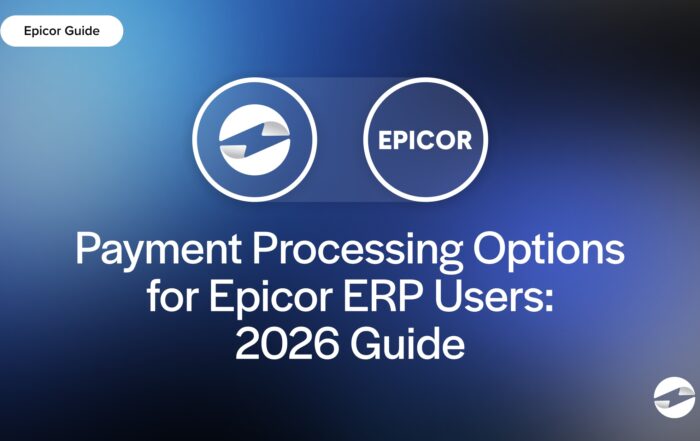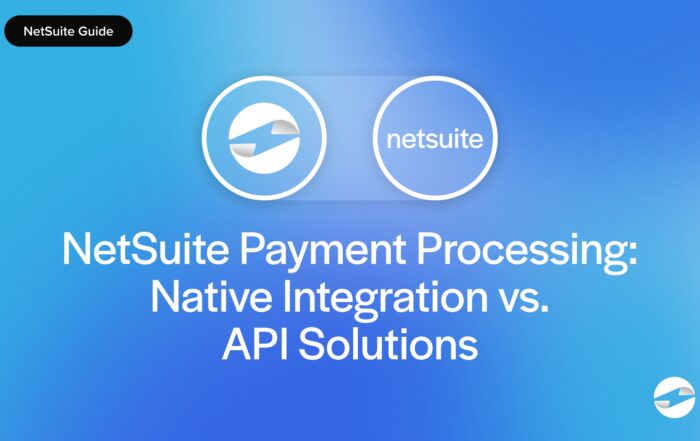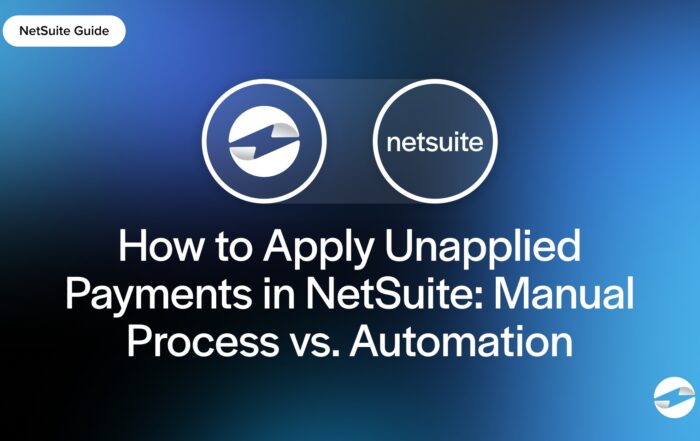What does it mean to short pay an invoice?
Short-paying an invoice means sending less than the full amount billed—usually because of a dispute, missing items, service issues, or billing errors. Instead of paying the full balance, the customer deducts part of the total and pays only what they think is accurate or fair.
If a vendor bills a company $1,000 for a product shipment but two items were damaged on arrival, the company might send $900 and include a note explaining the short payment. This partial payment means a disagreement while still paying part of the bill.
Key Points
- A short-paid invoice refers to when a customer sends partial payment, typically due to a disagreement, error, or issue with the bill, and often includes a reason for the deduction.
- Unpaid or refused invoices can lead to late fees, damaged vendor relationships, collections, or legal action if not addressed or justified.
Is a short payment the same as sending a debit note?
Not quite. While they both deal with invoice issues, they’re used in slightly different ways.
A short payment is when a customer sends in less than the full amount on an invoice—usually because something is wrong, like damaged goods or an overcharge. It’s their way of saying, “I’m paying what I think is correct.”
A debit note, though, is a written explanation. It’s used to tell the seller why the full amount wasn’t paid and what the buyer thinks should be adjusted. It’s not always required, but it can help avoid confusion and keep everyone on the same page.
So, while they’re connected, a debit note is more like the paper trail that explains a short payment.
Can I refuse to pay an invoice?
Yes, but only under certain circumstances. A customer can legally refuse to pay an invoice if the charges are incorrect, the goods were never delivered, services weren’t rendered, or the agreement terms were breached. You must communicate these concerns in writing. Refusing to pay without explanation or valid reason can backfire and result in penalties or legal consequences.
What happens if you don’t pay an invoice?
If an invoice goes unpaid, several things can happen. First, the vendor will likely send reminders or late notices. If the issue persists, they might apply late fees, stop future services or shipments, or send the account to collections. In extreme cases, legal action can follow—especially for large or long outstanding balances. Not paying invoices can damage a business’s credit and vendor relationships, making it harder to negotiate future terms.
You May Also Like
Read More
Net Suite Payment Processing: Native Integration vs. API Solutions
Read More
Read More
How to Apply Unapplied Payments in NetSuite: Manual Process vs. Automation
Read More



